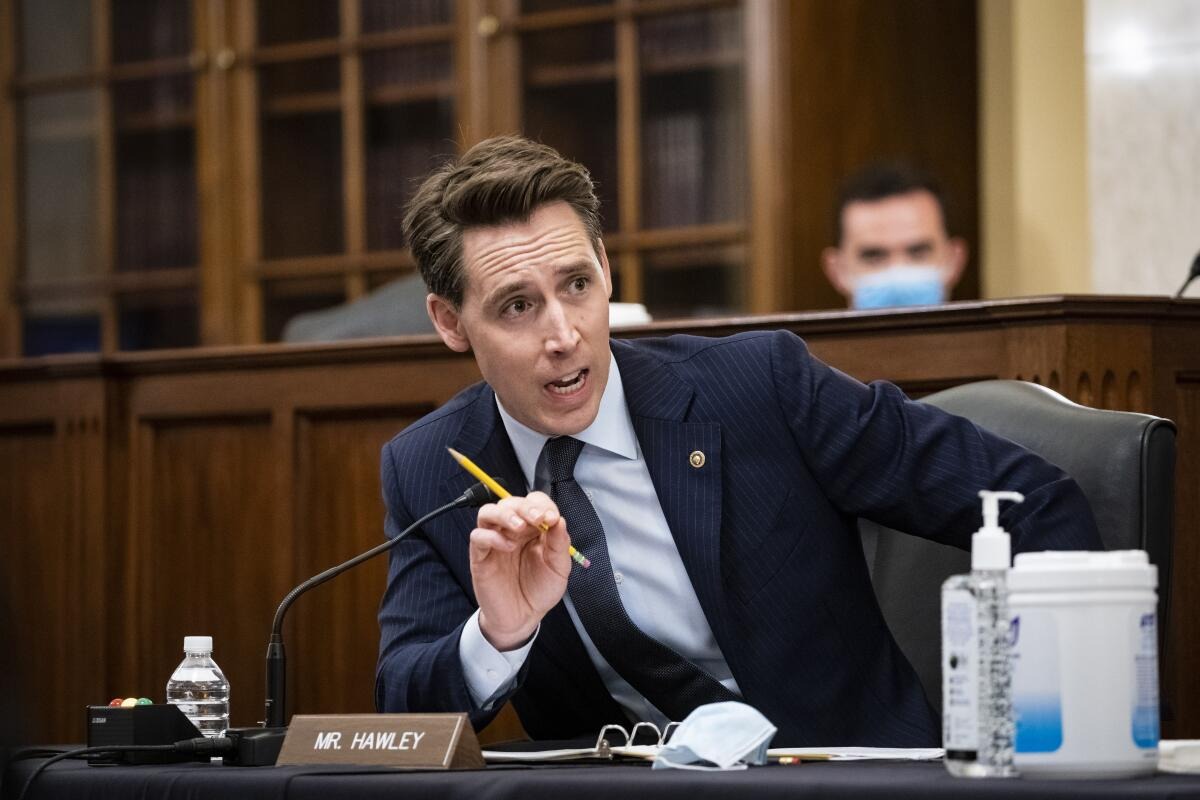Senator Josh Hawley’s proposed legislation, expected to be introduced on Wednesday, aims to increase tariffs on Chinese vehicle imports significantly.
The bill seeks to raise the current 2.5% tariff rate to 100%, resulting in a total tariff of 125% on all imported Chinese automobiles. This increase would also apply to vehicles assembled in Mexico by Chinese-based automakers.
The rationale behind the bill is twofold. First, there are growing concerns about the potential impact of Chinese vehicles on U.S. car companies. Second, experts have raised safety concerns regarding Chinese-made vehicles.

Josh Hawley (Credits: Fox Business)
In his bill announcement, Senator Hawley emphasized the need to protect U.S. autoworkers from what he described as the “existential threat posed by China.” The bill reflects a broader concern among policymakers about China’s growing influence in various sectors, including automotive manufacturing.
While intended to protect domestic industries, it’s worth noting that tariff increases can have broader economic implications. Higher tariffs can lead to increased consumer prices and may also provoke retaliatory measures from trading partners, potentially escalating trade tensions.
As Senator Hawley’s bill moves forward, it will likely be subject to debate and scrutiny in Congress and among industry stakeholders. The outcome of this legislation could have significant implications for the U.S. automotive industry and trade relations with China.























